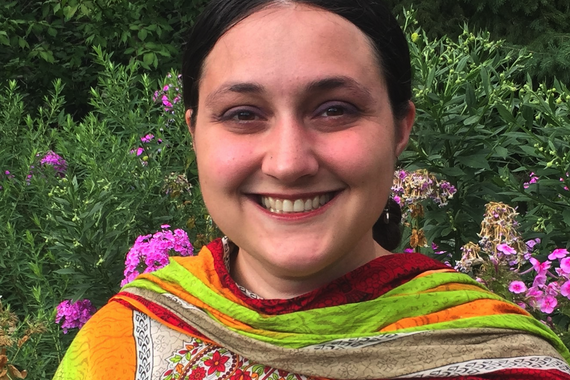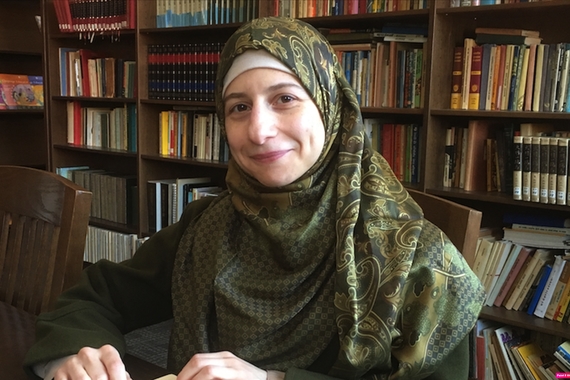Christophe Wall-Romana Awarded NEH Fellowship
Professor Christophe Wall-Romana has been awarded a prestigious fellowship from the National Endowment for the Humanities for his project entitled “Translation and Critical Edition of Selected Writings by Ismayl Urbain (1812-1884).” Urbain was an author, poet, interpreter and politician whose work has been compared to Frantz Fanon but who has received little scholarly attention.
Born in Cayenne, French Guiana, Urbain was the son of a French slave trader and a mixed-race mother named Appoline whose own mother was an enslaved African woman. In 1830, he joined a group of Saint-Simonians in Paris with whom he traveled to Egypt. There, he learned Arabic and soon converted to Islam under the name Ismayl. Crisscrossing the Levant, Urbain published journalistic chronicles on Arabic, Jewish, Coptic, and Christian populations, especially women. He also wrote remarkable poems foreshadowing Arthur Rimbaud and Négritude pioneer Aimé Césaire.
After marrying an Algerian divorcée, he became an Arabic interpreter for the War Ministry during the bloody French conquest of Algeria. But as a Muslim adopted by the community of Algiers, he also turned to advocating for the rights of the conquered, befriending the imprisoned leader of Algerian resistance, the scholar Emir Abd el-Kader (Abd al-Qadir ibn Muhyi ad-Din al-Hasani). He increasingly used his official status to fight against abuse by French settlers, working relentlessly albeit unsuccessfully to pass legislation favorable to native Algerians. The author of Letters on the Black Race and the White Race (1837, co-authored with Jewish Saint-Simonian Gustave d’Eichthal), Tolerance in Islam (1856), and Algeria for Algerians (1861), Urbain has been compared to Frantz Fanon, also born in the Caribbean before joining the Algerian independence movement.
This selected collection of writings—the first in English—will present Urbain as a resilient person of color who could pass as white but always identified as Black. Wall-Romana says that “Urbain was erased from collective memory until the 1990s, in large part because he exemplifies the role of Black and Muslim intellectuals and politicians in shaping the 19th-century French-speaking world.” Wall-Romana uncovered Urbain in a collection of essays discarded from the library when he was an undergraduate at Berkeley. Surprised that the faculty had never heard of him, he decided to write his senior thesis on Urbain. “This fellowship represents my academic career coming full cycle,” he muses, adding “I hope this can inspire undergraduates to make discoveries of their own, especially about marginalized people who remain unfairly forgotten.”

